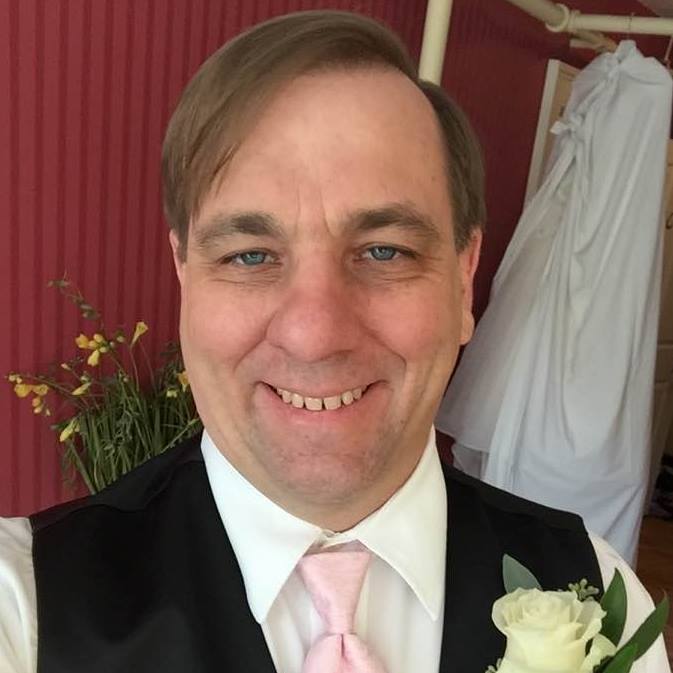I also shifted to much deeper reflection and analysis while I tried to figure out why I failed at my career goals and what I needed to do to succeed. I furthermore began to develop mastery of searching the internet for scholarly resources.
By 2007, I published only two letters to the editor, both at Perspectives of Science and Christian Faith. I also wrote two archived papers in queue for review at Progress in Complexity, Information and Design (PCID), but PCID abruptly ceased to publish journal issues soon after they said someone would review my papers. Then, I decided to develop a portfolio of articles and start my blog TheoPerspectives. In addition, I needed to resign from my Assemblies of God (AG) ministry credentials for me to publicly teach my newly developed biblical perspective of divine judgement because my perspective fell outside of AG norms.
My analytical and communication skills began to blossom after these years of prayer and independent research. By 2010, I developed a book proposal for a biblical theology while Wipf and Stock Publishers accepted it. I completed the book for publication in 2012, that is, "Conditional Futurism: New Perspective of End-Time Prophecy."
After that, I built upon some of my ideas from the 1990s and published the following peer-reviewed articles despite no postgraduate college degree:
- "Natural Unity and Paradoxes of Legal Persons," Journal Jurisprudence 21 (2014).
- "Identical Legal Entities and the Trinity: Relative-Social Trinitarianism," Journal of Analytic Theology 4 (2016).
- "Semiclassical Theism and the Passage of Planck Times," Theology and Science 14:3 (2016).
- "Theodicy, Supreme Providence, and Semiclassical Theism," Theology and Science (2020).
My original scholarly conjectures in these publications include the universal wormhole, semiclassical cosmology, semiclassical theism, semiclassical Christianity, Relative-Social Trinitarianism, the legal theory of identity, and conditional futurism.
I also enjoyed working as a freelance developmental editor for a theology book and then served as the author's field adviser for his Doctor of Ministry dissertation.
In addition, I enjoy membership in the National Coalition of Independent Scholars.
Now, I envision building upon my research and developing three monographs:
- "Logic, Reality, and Science"
- "Semiclassical Theism"
- "Semiclassical Christianity"
I love working toward my vision. However, my problem follows. I research and write as slow as a tortoise. I sometimes quickly shoot out a first draft based on ideas already integrated in my mind. And I sometimes quickly find new things on the internet, but my overall processes of researching, writing, and revising are slow. For example, I need up to one year of full-time writing to professionally write each of the above books while I stand nowhere close to the financial security needed for retirement from my day job.
4) Reflections
I feel thankful for the early childhood intervention that trained me to compensate for dyslexia. I learned satisfactory skills in reading and speaking instead of growing up hopelessly illiterate and stuttering.
I also personally understand prejudice against people with learning disorders. I experienced the following scenarios:
- People negatively judged me for my slowness in some things and my reliance on making lists and notes to keep my focus.
- People accused me of deliberately refusing to help them because they do not understand that I excel in some mental tasks and suffer in others. I impressed some people by resolving difficult problems and then they accused me of holding back because I failed to resolve other difficult problems.
(Note: You can view every article as one long page if you sign up as an Advocate Member, or higher).





